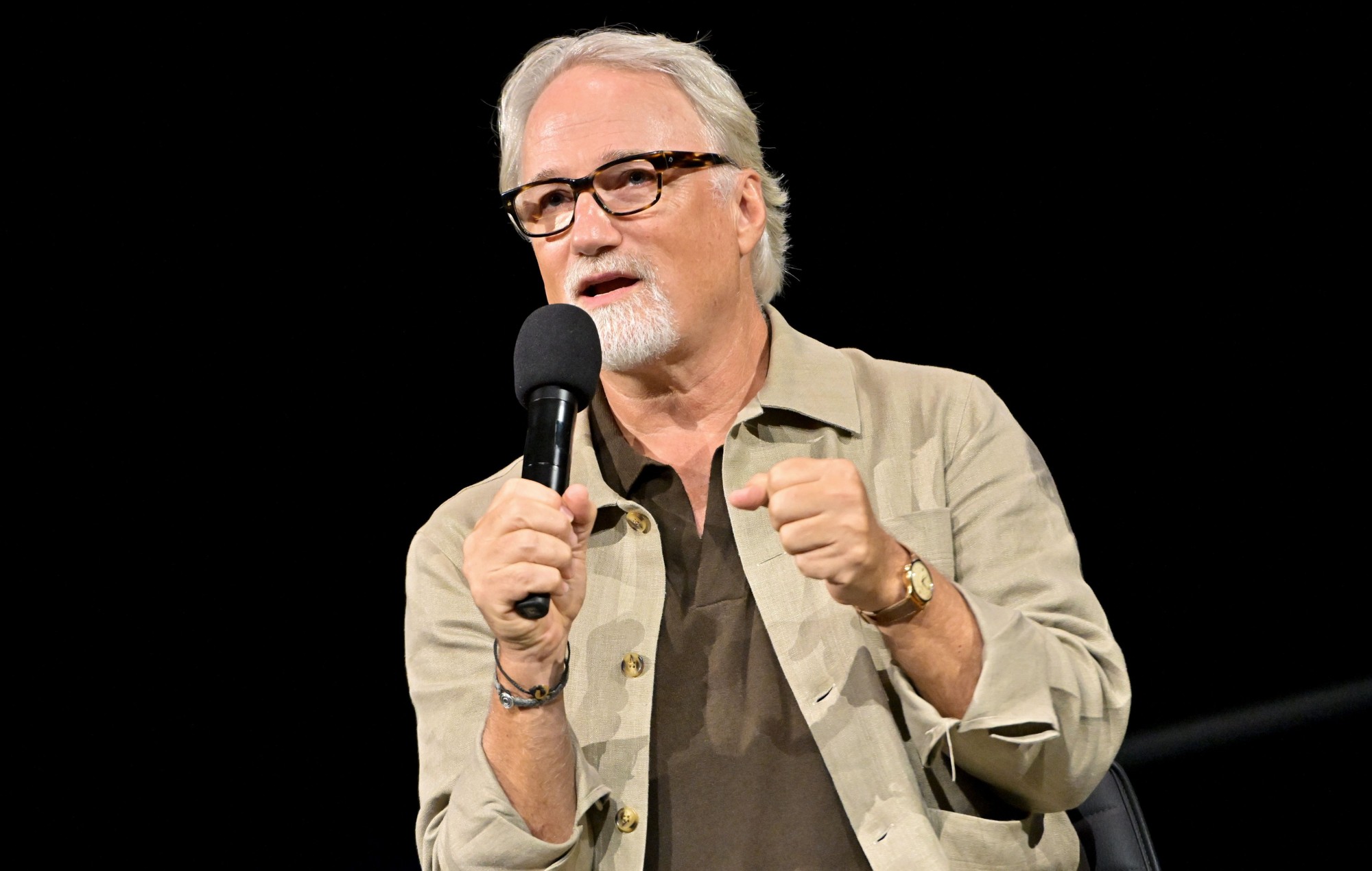David Fincher has revealed that he’s “glad” his planned World War Z sequel was never made, comparing it to HBO‘s The Last Of Us adaptation.
READ MORE: David Fincher’s best films ever – ranked
Speaking to GQ Magazine UK, Fincher spoke of his cancelled World War Z sequel and explained the similarities between his vision for the film and this year’s The Last Of Us live-action series based on the video game of the same name.
“It was a little like The Last Of Us,” Fincher said. “I’m glad that we didn’t do what we were doing, because The Last Of Us has a lot more real estate to explore the same stuff.”
Fincher went on to explain: “In our title sequence, we were going to use the little parasite… [The Last Of Us] used it in their title sequence, and in that wonderful opening with the Dick Cavett, David Frost-style talk show.”
Pedro Pascal and Bella Ramsey in ‘The Last Of Us’. CREDIT: HBO/Sky
The filmmaker was also asked if his original vision for the now-cancelled sequel was closer to the original World War Z novel rather than an original take on it, to which he said that it wasn’t close to the original book but “there is some talk of doing that”.
Fincher’s next film will be the assassin film, The Killer starring Michael Fassbender. The Killer is set for release in select cinemas on October 28, before it streams on Netflix from November 10.
The film marks Fincher’s latest collaboration with Netflix, following House Of Cards, Mindhunter, Love Death & Robots, Voir, and 2020 film Mank starring Gary Oldman. A petition to revive Mindhunter recently racked up thousands of signatures, after the show was put on hold by Netflix after two seasons.
The Killer also marks a return for Fassbender, who has been largely absent from the screen after taking up auto racing in 2017. His last film role was in 2019’s X-Men: Dark Phoenix.
Fincher is best known for directing films Fight Club, Seven, Zodiac, The Social Network, 2011’s The Girl With The Dragon Tattoo and Gone Girl.
The post David Fincher says his scrapped ‘World War Z’ sequel was similar to ‘The Last Of Us’ appeared first on NME.




